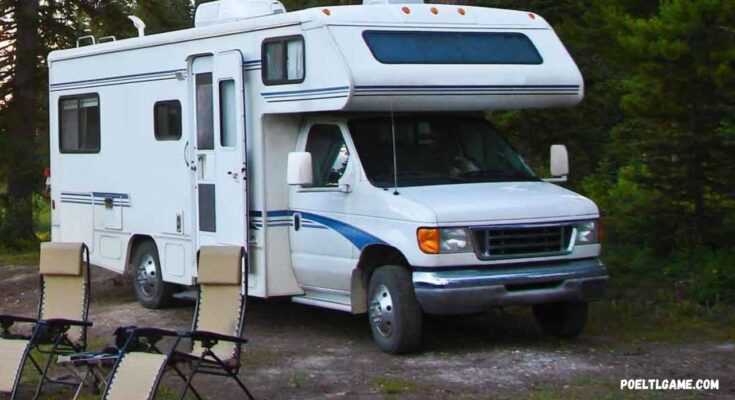Introduction to RV Insurance

Recreational Vehicles (RVs) are a popular choice for those who love to travel with the comfort of home on wheels. However, just like any other vehicle, RVs need insurance to protect against various risks. RV insurance provides coverage for motorhomes, travel trailers, fifth wheels, and camper vans. This guide will help you understand the importance of RV insurance, what it covers, and how to get the best RV insurance quotes.
Importance of RV Insurance
RVs are significant investments, and protecting them is crucial. RV insurance ensures that you are covered in case of accidents, theft, or damages. It also provides liability coverage, which is essential if you are responsible for an accident that causes injury or property damage to others.
Key Points:
- Protection Against Damages: Covers repairs or replacements due to accidents, vandalism, or natural disasters.
- Liability Coverage: Protects you if you are liable for injuries or damages to others.
- Personal Belongings: Covers personal items inside the RV.
- Roadside Assistance: Offers help in case of breakdowns.
Types of RV Insurance Coverage
Understanding the different types of RV insurance coverage can help you choose the best policy for your needs.
Collision Coverage
Covers damages to your RV from collisions, regardless of who is at fault.
Comprehensive Coverage
Protects against non-collision-related damages, such as theft, vandalism, and natural disasters.
Liability Coverage
Covers bodily injury and property damage you cause to others in an accident.
Uninsured/Underinsured Motorist Coverage
Protects you if you are involved in an accident with an uninsured or underinsured driver.
Personal Belongings Coverage
Covers personal items inside your RV, such as electronics, clothing, and camping gear.
Full-Time RV Insurance
Ideal for those who live in their RVs full-time, offering additional coverage similar to homeowners insurance.
How to Get the Best RV Insurance Quotes
Getting the best RV insurance quotes involves researching, comparing different providers, and understanding what affects your insurance rates.
Research and Compare
Start by researching various insurance companies that offer RV insurance. Compare their coverage options, customer reviews, and claim handling processes.
Factors Affecting RV Insurance Quotes
Several factors influence RV insurance quotes, including:
- Type and Size of RV: Larger and more expensive RVs typically cost more to insure.
- Usage: Full-time RVers may face higher premiums than occasional users.
- Driving Record: A clean driving record can lower your premiums.
- Coverage Options: The more coverage you choose, the higher the premium.
- Deductibles: Higher deductibles can lower your premiums, but you’ll pay more out-of-pocket in case of a claim.
Key Points:
- Shop Around: Compare quotes from multiple insurers to find the best rate.
- Discounts: Look for discounts such as multi-policy, safe driver, or RV club memberships.
- Bundle Policies: Bundling RV insurance with other policies like auto or home insurance can save you money.
- Review Annually: Reassess your coverage needs and shop for quotes annually to ensure you’re getting the best deal.
Common Mistakes to Avoid
When shopping for RV insurance, avoid these common mistakes to ensure you get the best coverage:
Underinsuring Your RV
Make sure your coverage limits are sufficient to cover the full value of your RV and personal belongings.
Not Understanding Your Policy
Read and understand the terms and conditions of your policy. Ask questions if anything is unclear.
Ignoring Discounts
Many insurers offer discounts that can significantly reduce your premiums. Don’t overlook these opportunities.
Conclusion
RV insurance is essential for protecting your investment and ensuring peace of mind while on the road. By understanding the different types of coverage, comparing quotes, and avoiding common mistakes, you can find the best RV insurance policy that suits your needs. Always remember to review your policy annually and make adjustments as needed to stay adequately protected.



